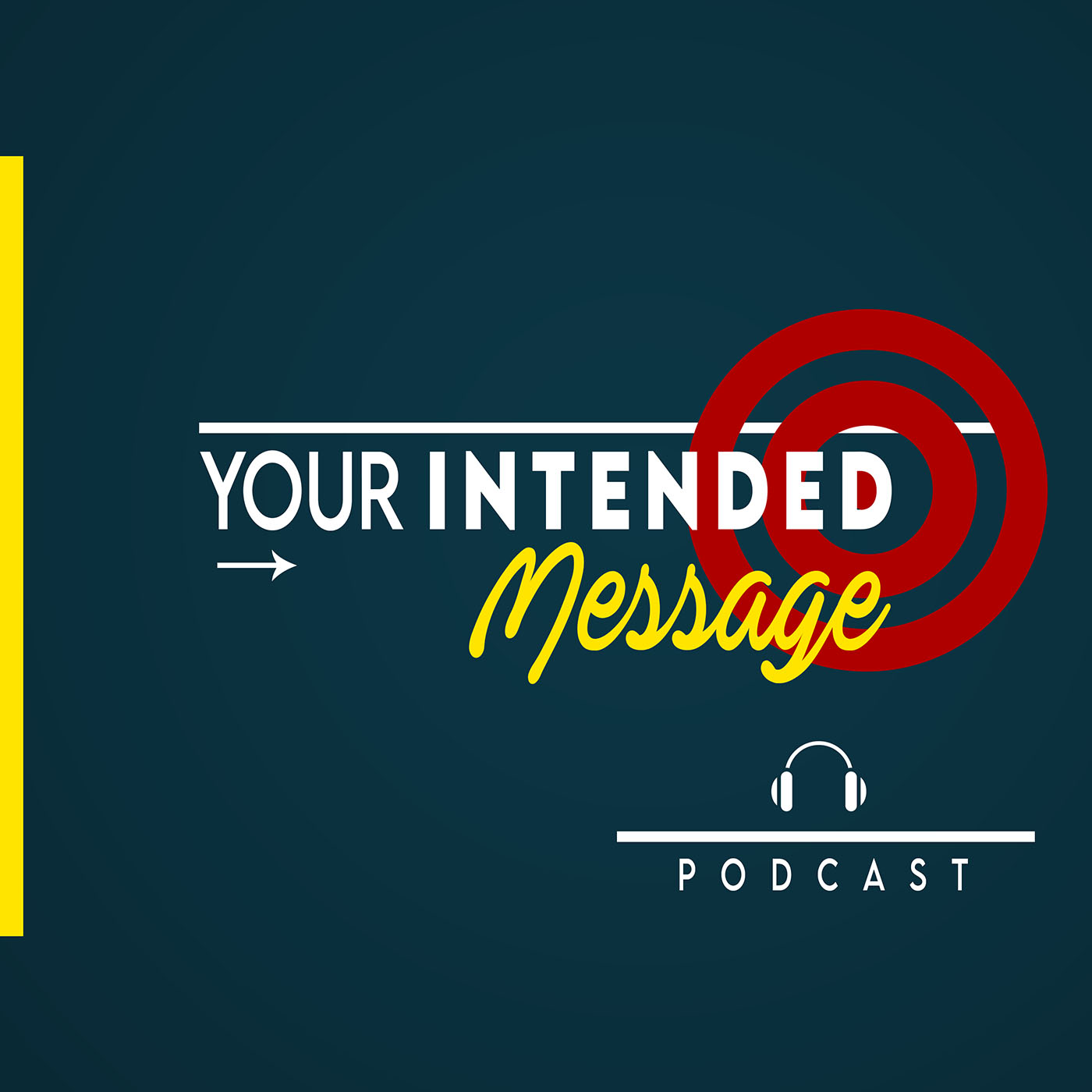
Episode 175 (Andy is based in the UK)
In this conversation with Andy Bounds we explore:
About our guest, Andy Bounds:
Award winning sales consultant – Andy was voted the UK’s Sales Trainer of the Year, as a result of all the sales that I helped my clients win (over $35billion so far)
Best-selling author – his three books on leadership communication and sales are all international best sellers. In fact, the first of them was only kept off the Amazon #1 slot by the final Harry Potter book!
Blind mother – his mum is blind. This has given Andy a lifetime’s experience of communicating from the other person’s point of view. A critical skill for leaders to master – especially since others who are blind to what they are trying to achieve!
-----
Excerpts from this conversation with Andy Bounds:
There is a wonderful quote by the Irish author, George George Bernard Shaw. And he said, the single biggest illusion with communication is the fact that it has taken place.
In other words, let's use simpler language, the biggest mistake people make is they think they've done the communication so it's finished. Okay, or they do a 20 minute events and think that will change everybody for the next year.
The world doesn't work that way.
And that's another thing when I'm talking with leaders and how we're going to reinforce things, I say, what are the questions you're going to relentlessly ask?
So make sure people have adopted the new strategy? So let's say we have a new strategy, and it's going to be I don't know, we're going to speak to our customers more?
Well, the leader needs to ask their team almost every single time they see them. How many customers have you contacted this week? Every time so as you walk towards me, I want you thinking Andy's going to ask me how many customers I've contact because he always does.
There has to be this relentless, consistent follow up. Because as a leader, if you ignore that behaviour, you empower it, right? If you ignore that behaviour, you empower it. So if someone doesn't do what you want, if you ignore that, you're empowering them not to do what you want.
-----
----more----
In these interviews we will explore presentation skills, public speaking, conversation, persuasion, negotiation, sales conversations, marketing, team meetings, social media, branding, self talk and more.
Your host is George Torok
George is a specialist in communication skills. Especially presentation. He’s fascinated by the links between communication and influencing behaviours. He delivers training and coaching programs to help leaders and promising professionals deliver the intended message for greater success.
Connect with George
www.SpeechCoachforExecutives.com
https://www.linkedin.com/in/georgetorokpresentations/
https://www.youtube.com/user/presentationskills
https://www.instagram.com/georgetorok/

 Build Trust Fast: Lessons from a War Zone Spy: JJ Brun
Communication Techniques from a Retired Spy
Why Deception Fails: The Rule for Ra
Build Trust Fast: Lessons from a War Zone Spy: JJ Brun
Communication Techniques from a Retired Spy
Why Deception Fails: The Rule for Ra
 Storytelling for Business Leaders: Graham Brown
The Three-Box Storytelling Framework
The Hidden Psychology Behind Stories that C
Storytelling for Business Leaders: Graham Brown
The Three-Box Storytelling Framework
The Hidden Psychology Behind Stories that C
 Servant Leadership in Business: Jim Hardwick
When You Serve First, Business Follows
How a Servant’s Heart Builds Trust, Teams
Servant Leadership in Business: Jim Hardwick
When You Serve First, Business Follows
How a Servant’s Heart Builds Trust, Teams
 12 Communication Lessons from David Copperfield
How David Copperfield Creates Belief
What a Master Illustionist Taught Me about
12 Communication Lessons from David Copperfield
How David Copperfield Creates Belief
What a Master Illustionist Taught Me about